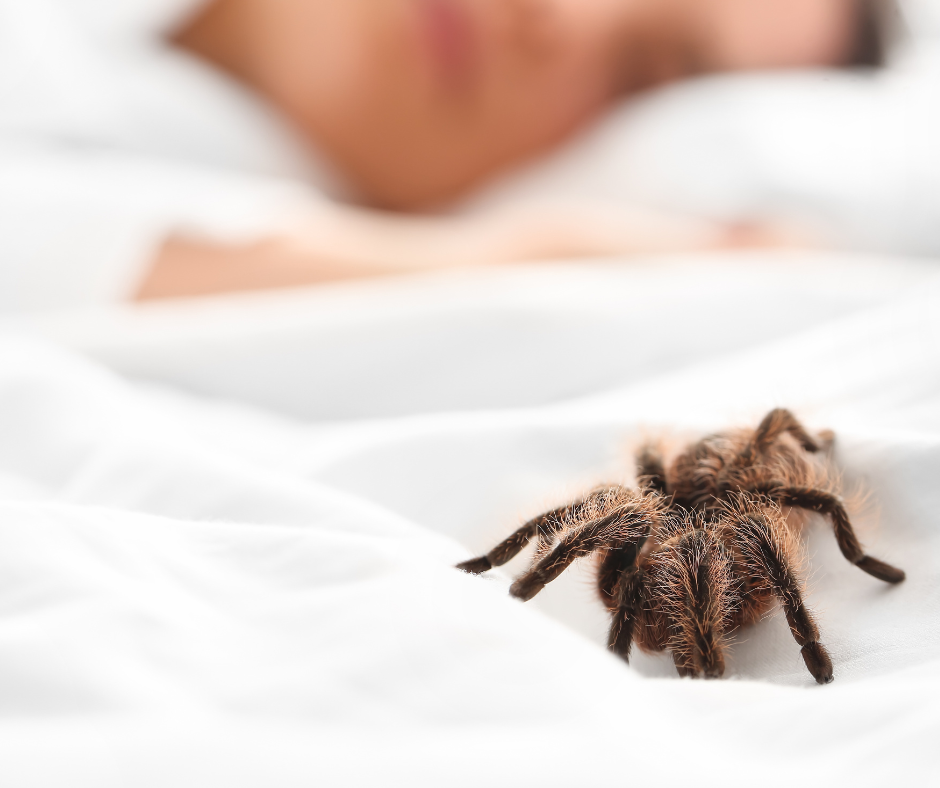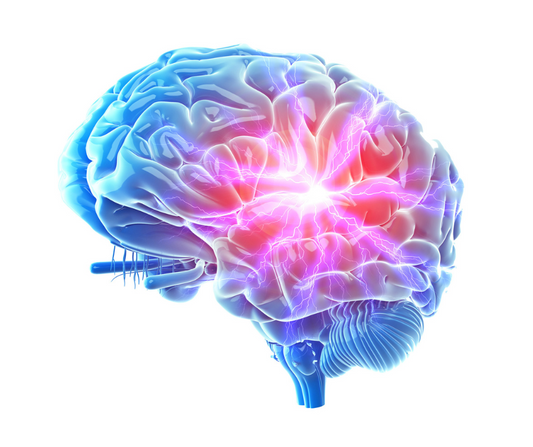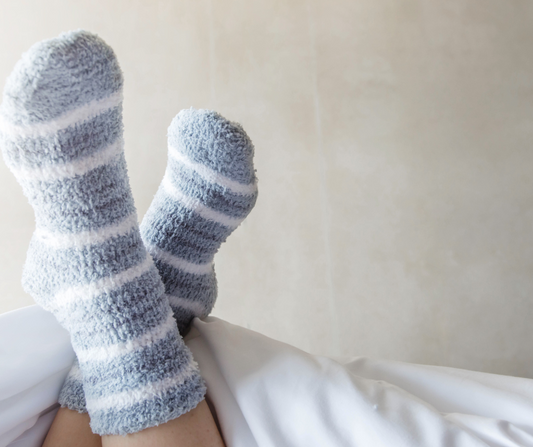Sleep myths can be both thought-provoking and amusing, but some are downright bizarre. Let’s debunk a few of the most curious myths that continue to circulate.
Cheese Causes Nightmares
Ever heard that eating cheese before bed will give you nightmares? The idea sounds spooky, but there's no solid evidence to back it up. Disturbing dreams are more linked to emotional eating or erratic sleep patterns than to munching on dairy.
While late-night snacking, in general, can disrupt sleep (thanks to your body working hard to digest food), the cheese itself won’t send you into a nightmare spiral. So go ahead and enjoy that bedtime snack—just don’t overdo it.
You Swallow Spiders in Your Sleep
This one’s a favorite of horror stories: the idea that you unknowingly gulp down a few spiders every year while snoozing. Rest easy, though—it’s pure fiction. Spiders are unlikely to crawl into your mouth because, well, you're noisy and move around when you sleep.
The myth likely started as a joke to show how gullible people can be. So, no need to sleep with your hand over your mouth!
Turkey and Warm Milk Will Knock You Out
Yes, the old Thanksgiving turkey coma myth! While turkey and warm milk do contain tryptophan, an amino acid tied to sleepiness, you’re not getting enough of it in a single serving to put you to sleep. According to most experts, you would need to eat a very large amount of turkey, around 8 pounds or more, to feel any noticeable effects of tryptophan.
The real culprit for your post-holiday drowsiness? Overeating and relaxing on the couch. Tryptophan does support healthy sleep, but you’ll find it in many foods—red meat, cheese, yogurt, and even dark greens.
What We Have Learned
Sleep is filled with fact and fiction. But, the next time someone warns you about sleep-eating spiders or blames their bad dreams on cheese, you’ll be ready to set the record straight.



